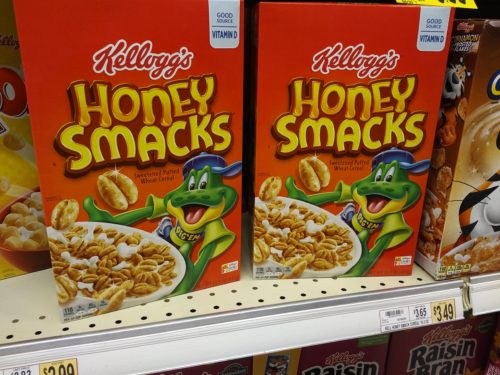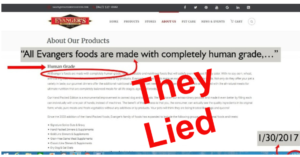Supplements for pets: NutraIngredients-USA.com
NutraIngredients-USA.com has collected articles on this topic into a Special Edition: Supplements for pets
The market for supplements for pets is valued at around $2.6 billion, according to the National Animal Supplement Council (NASC).
Issues driving the market growth include an increasing market share of premium supplements positioned as natural and organic; the rise of obesity/weight management among the nation’s pets; and maintaining the health of older pets, which are living for longer.
In this special edition, we explore the key trends (including CBD!), opportunities, and a couple of brand success stories.
- Where is the innovation in the pet supplements space? Delivery systems and proprietary ingredients are the tip of the innovation spear for pet supplements (think cats and dogs), but nothing is hotter than one ingredient: CBD… Read
- Hemp and CBD in pet supplements weaves same tangled web as in products meant for humans: CBD products are all the rage in the pet supplement world. But these products occupy a similar legal limbo in this realm as they do in supplements meant for humans, experts say… Read
- Vet who advocates home cooking for pets says supplements play key role in keeping them healthy: The trend toward home cooking of pets meals continues unabated. But a prominent veterinarian cautions her clients not to forget the supplements while doing so… Read
- Inspired by customer feedback, Myos Rens bets on pet nutrition space: While the supplement space for humans is booming with options for muscle growth and health, the same can’t be said for the pet space, said the CEO of Myos Rens. He believes his supplement company can fill in that white space… Read
- Niche ingredients from botanical sources, animal peptides making inroads in pet nutrition: Ingredients for pet supplements tend to fall along familiar lines. Tried and true constituents of the supplements owners take tend to form the basis of the products they give to their animals. But new ingredients are starting to make inroads… Read
Malden Nesheim and I discuss pet supplements in our book, Feed Your Pet Right (which is actually an analysis of the pet food industry). Just as with supplements for humans, little evidence exists to demonstrate that supplements do any good for pets. But they make owners feel like they are doing something useful. As for CBD for pets? That may make owners feel better too.



